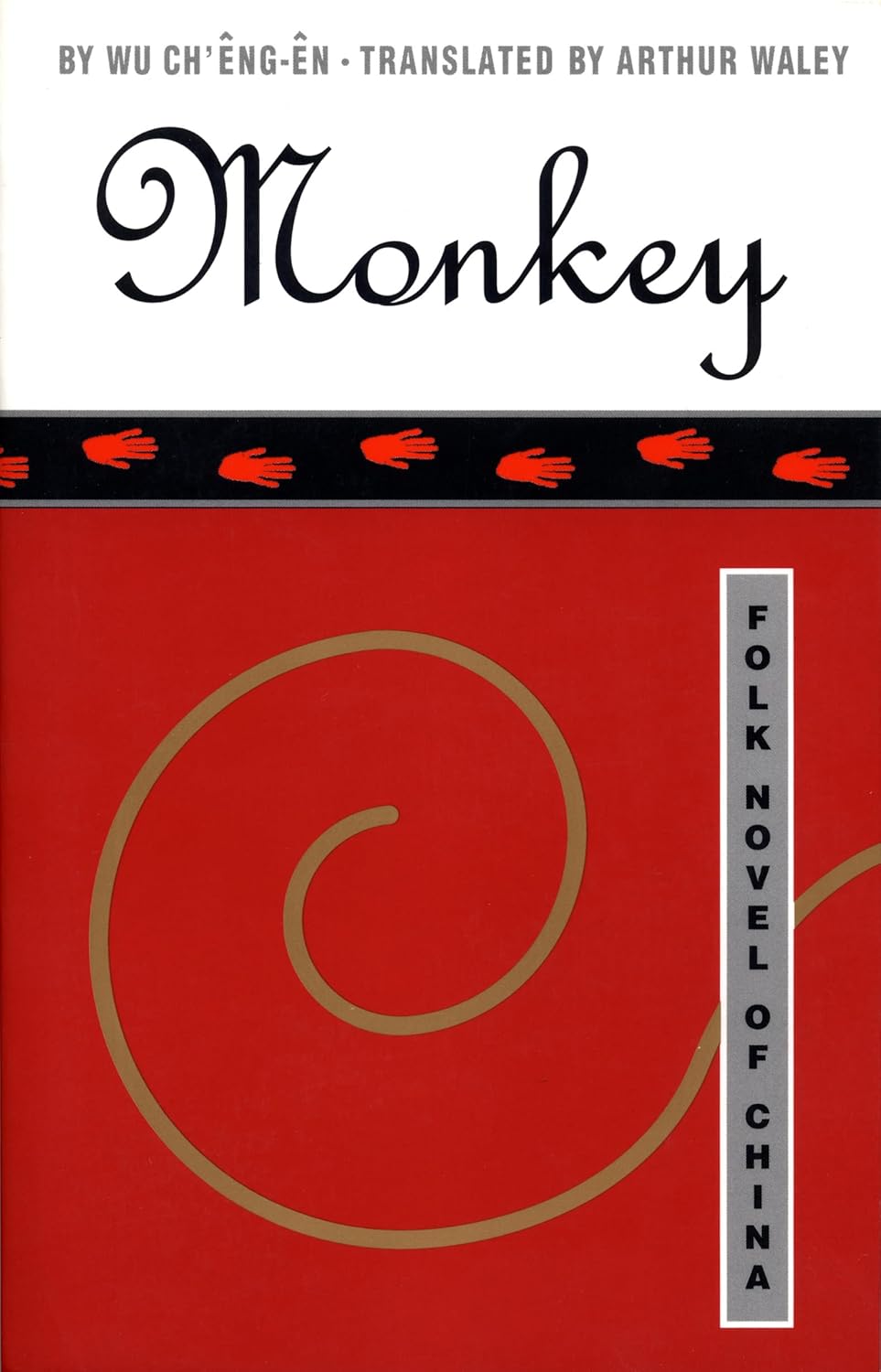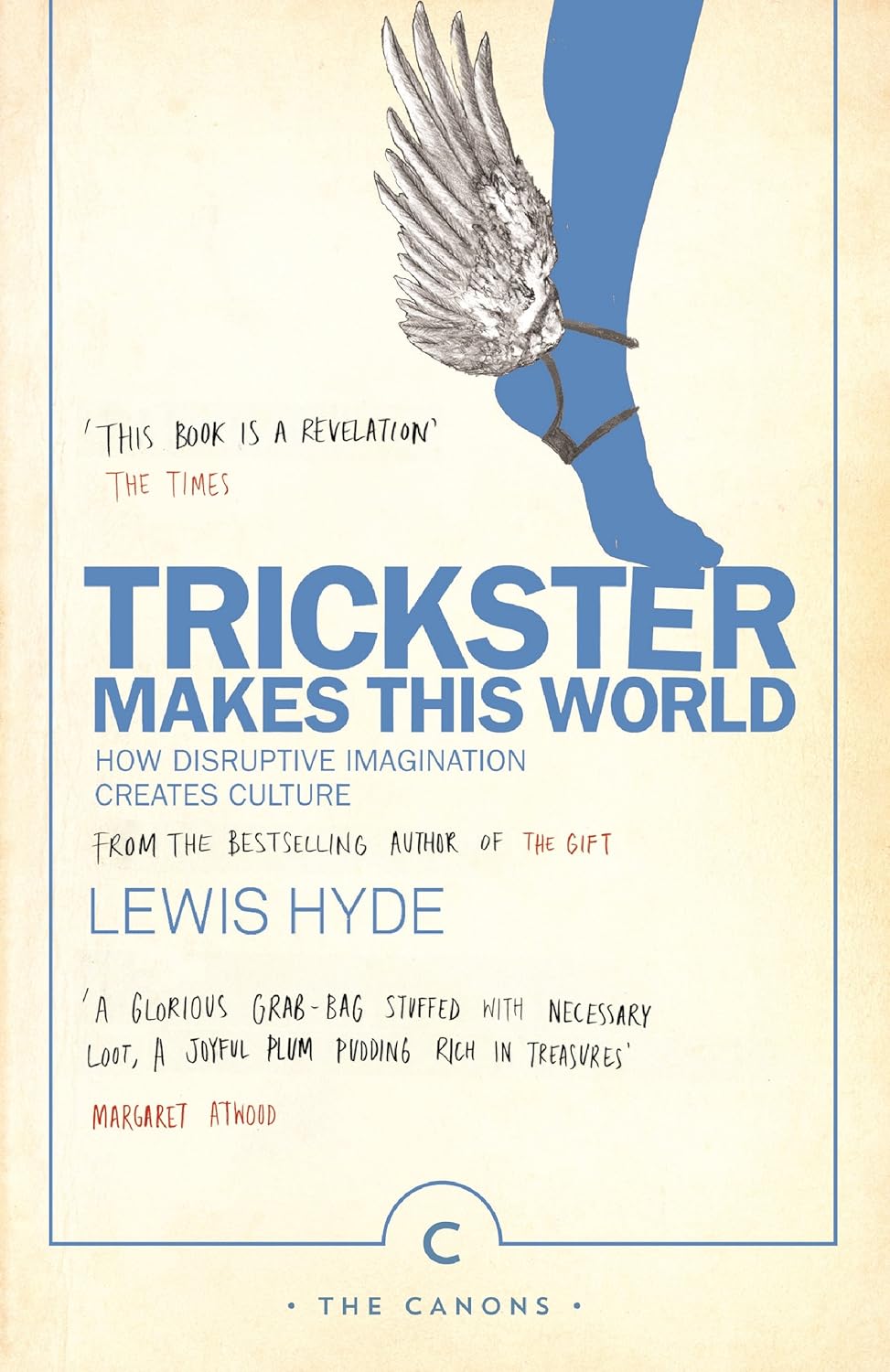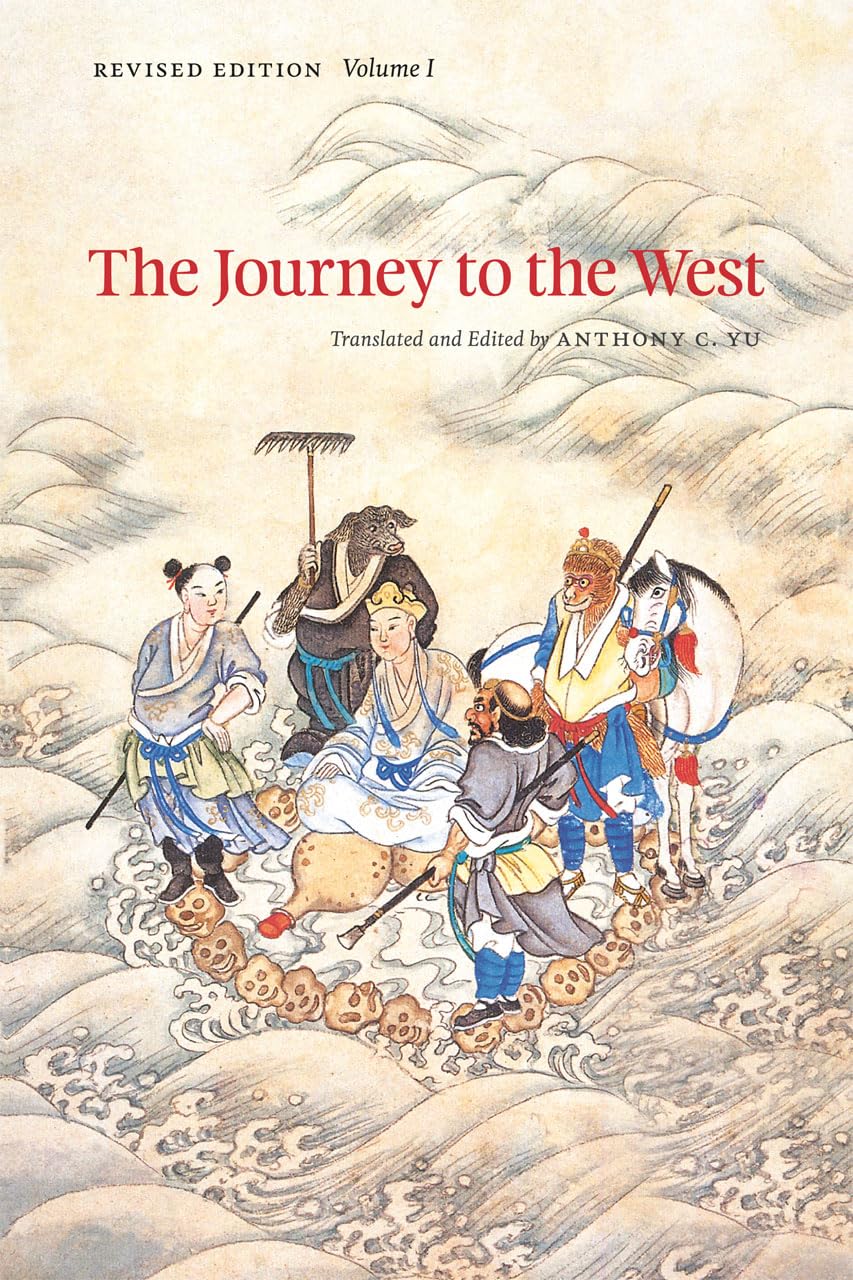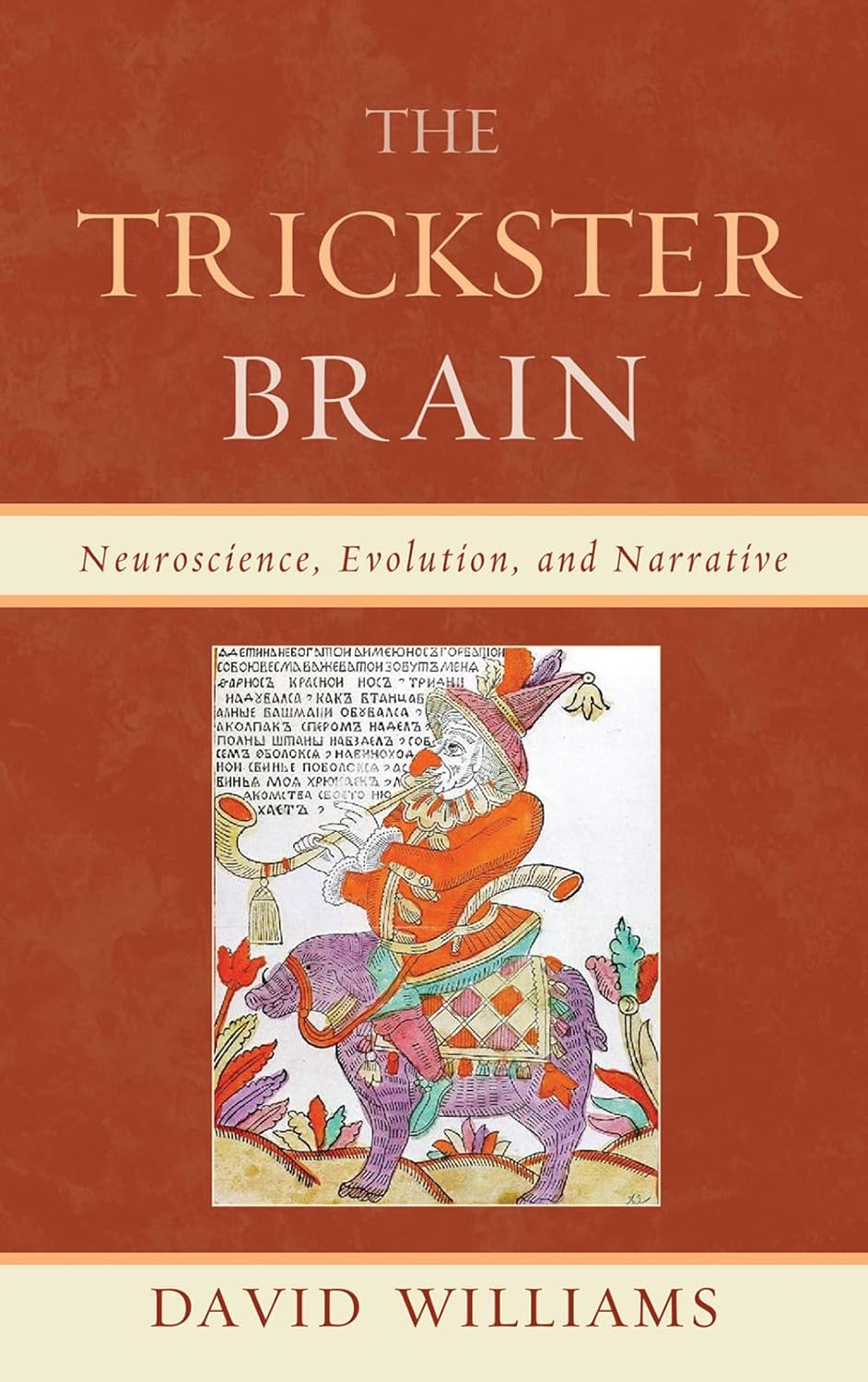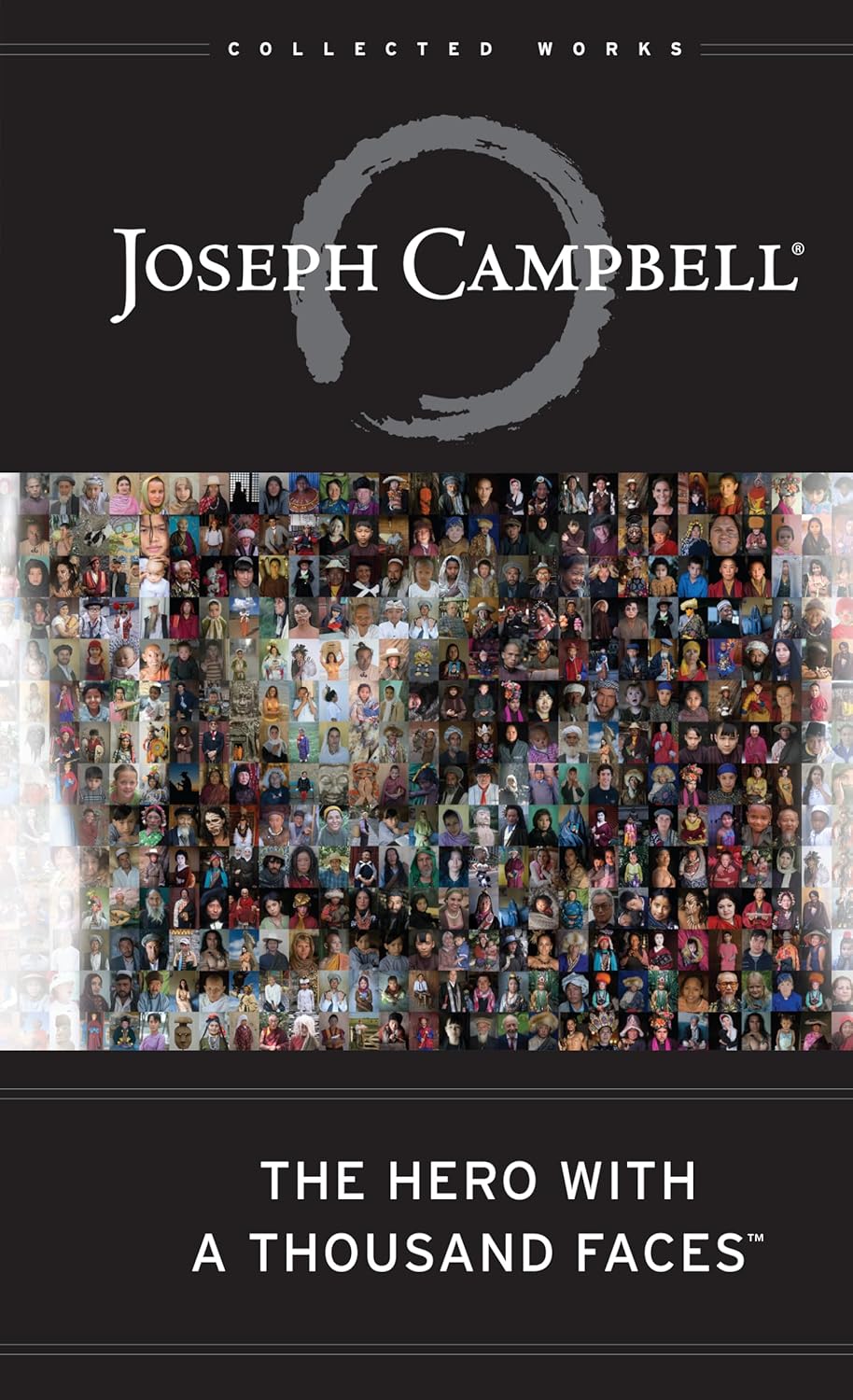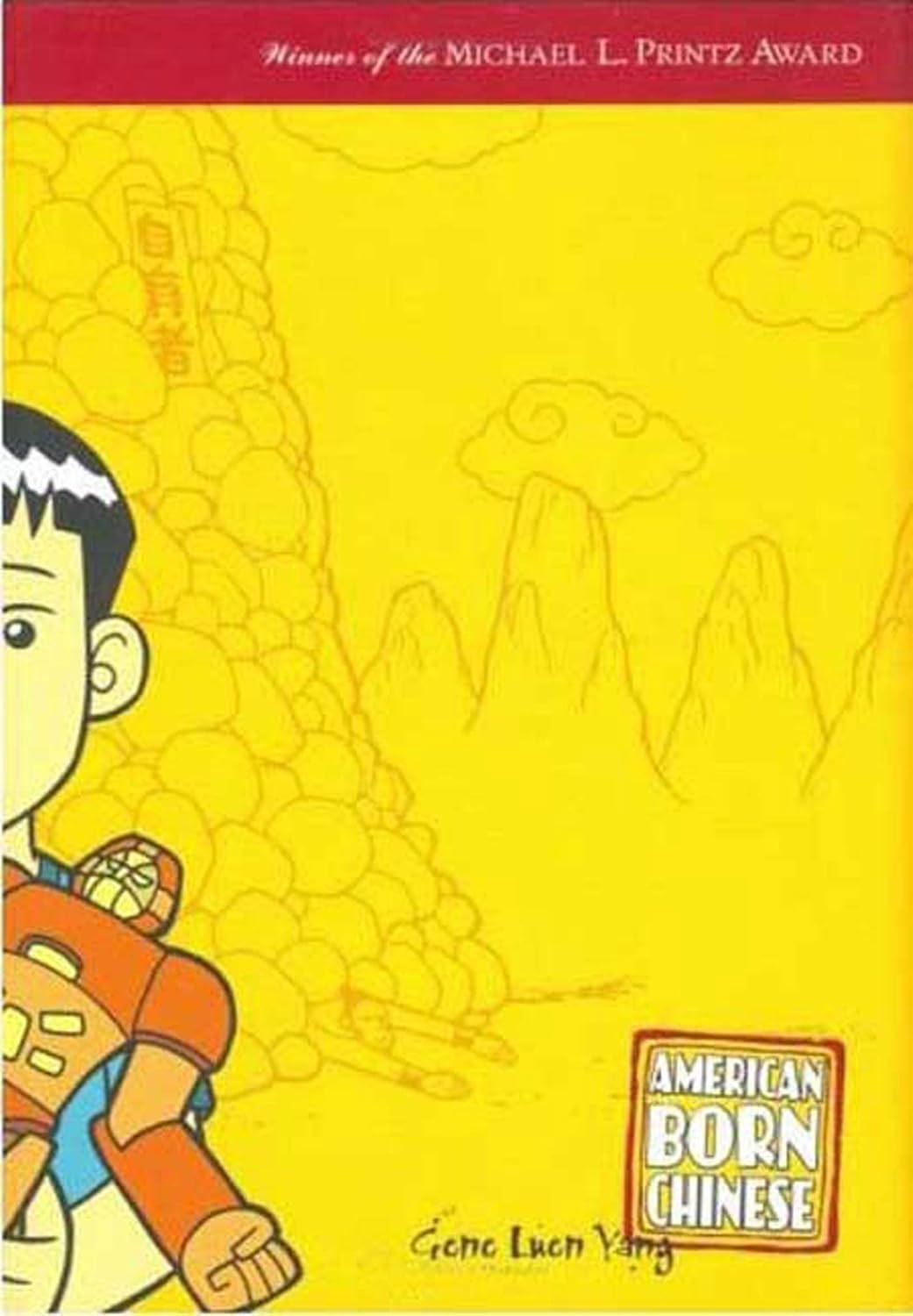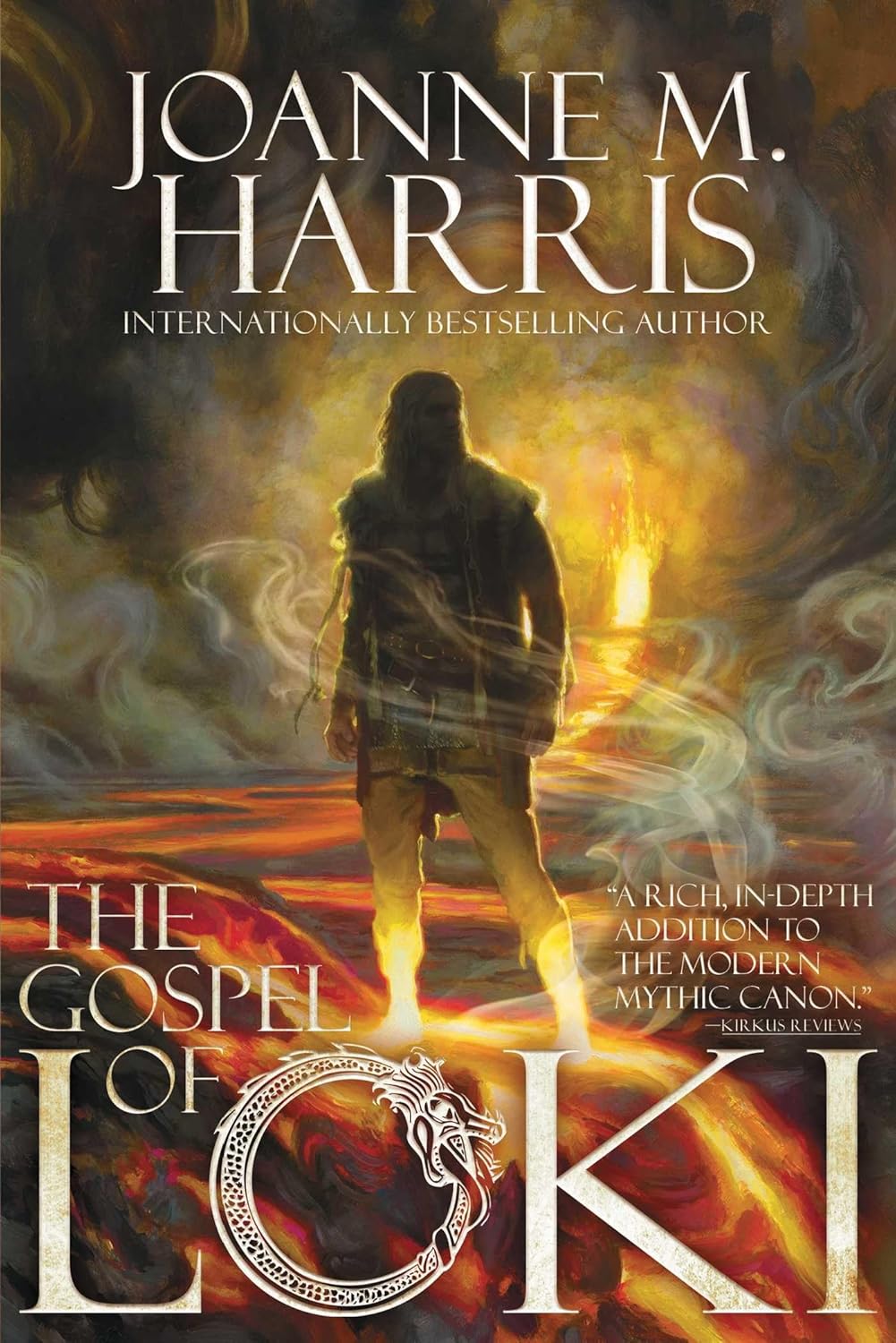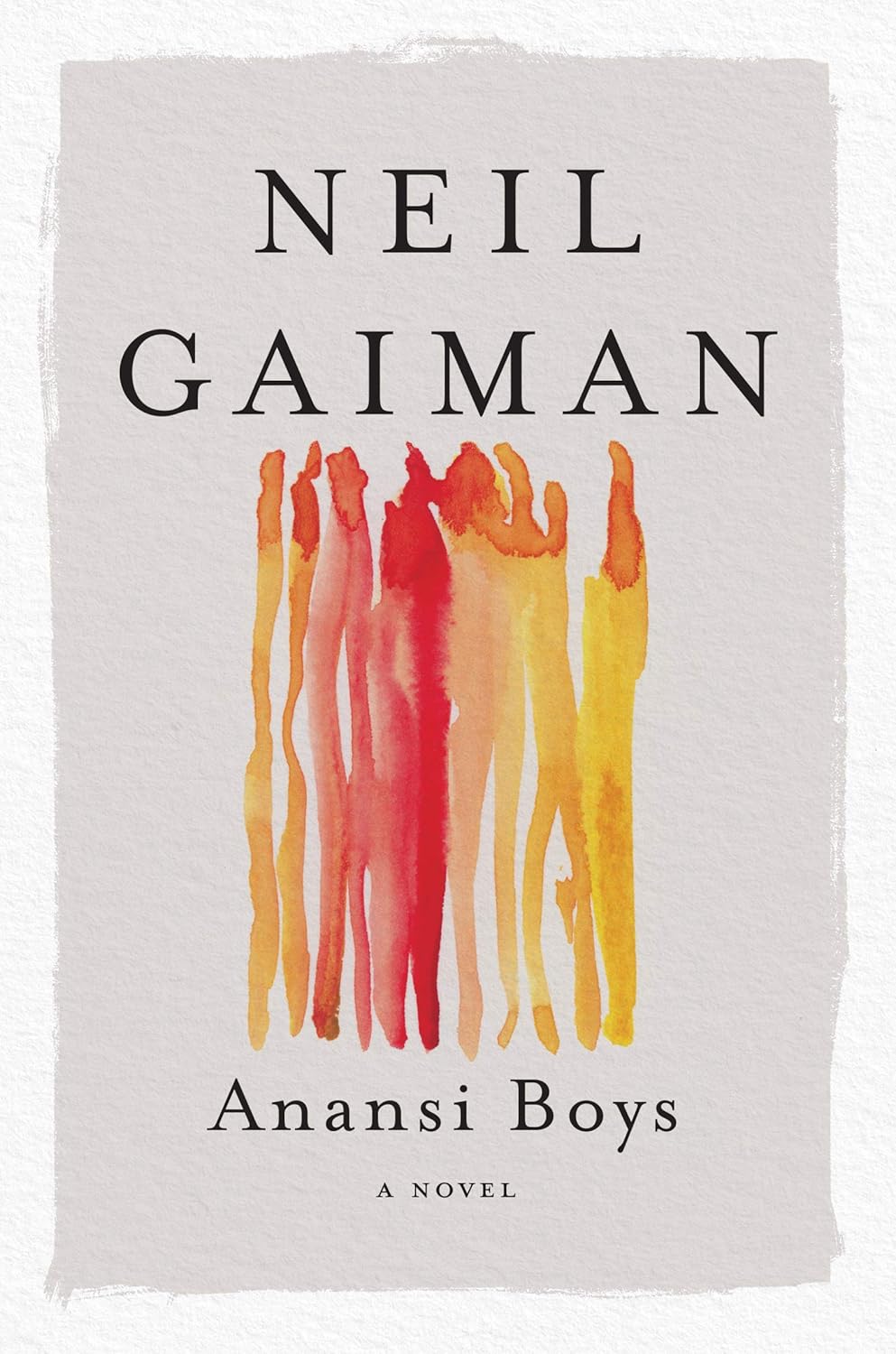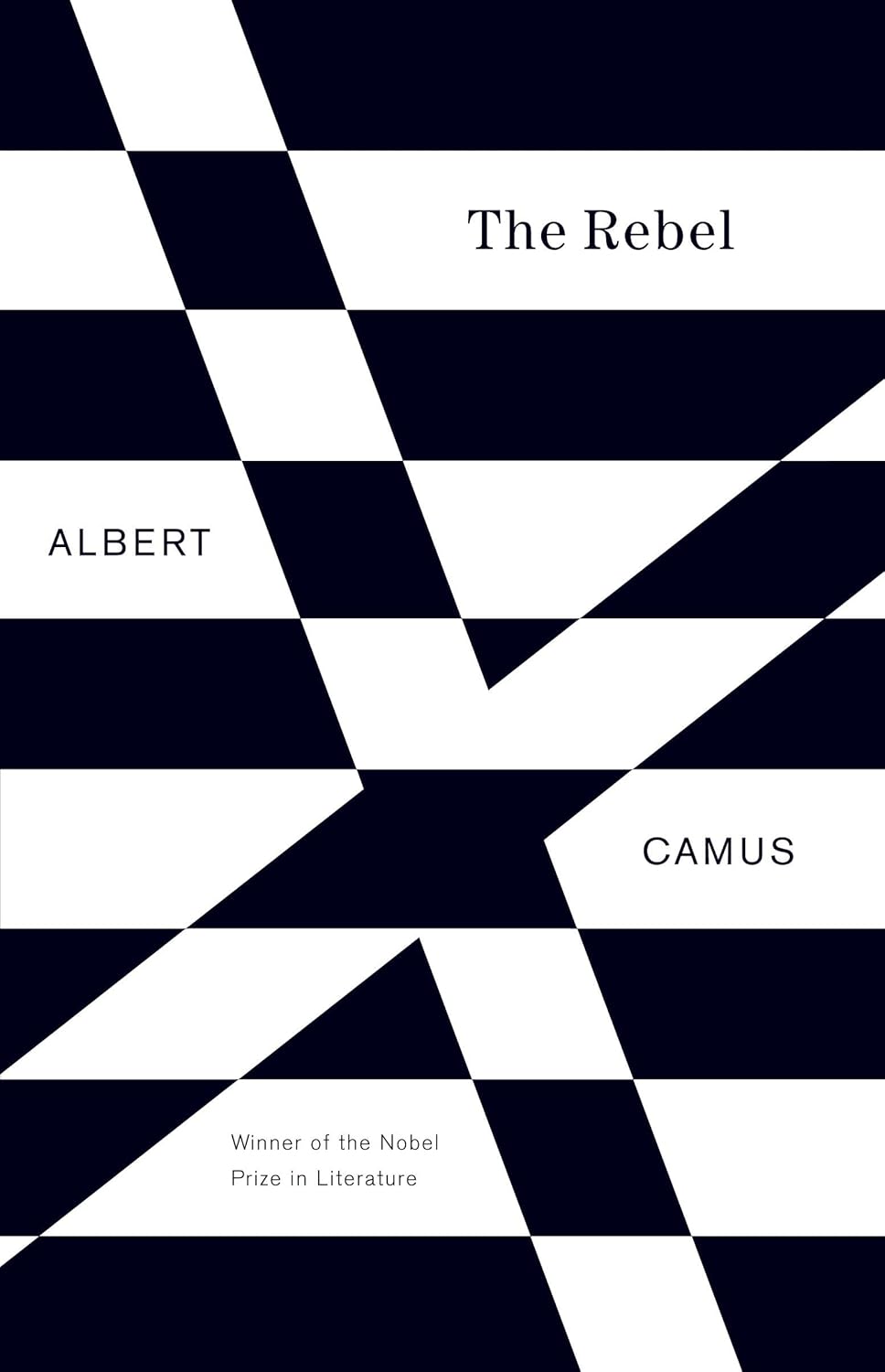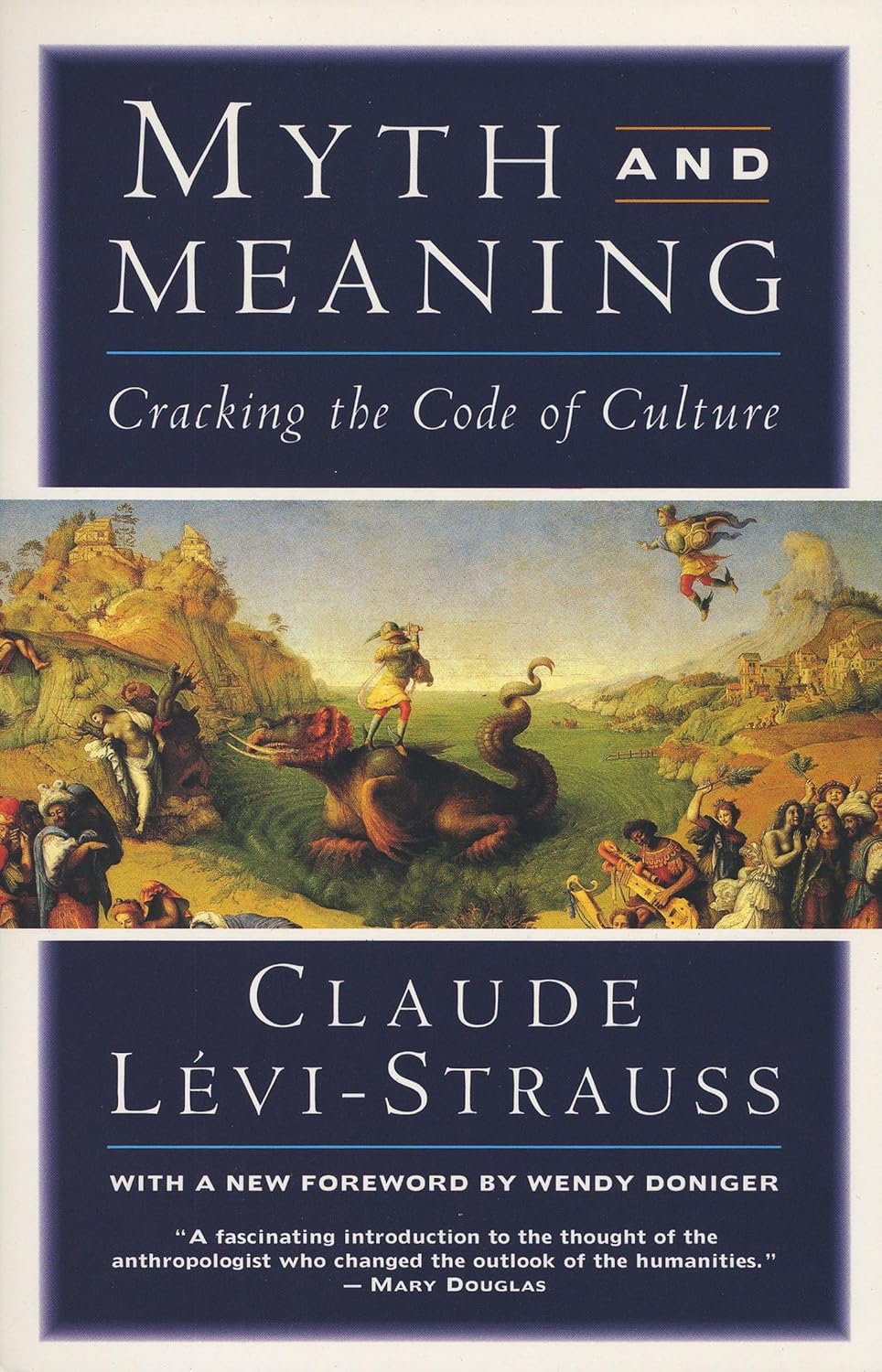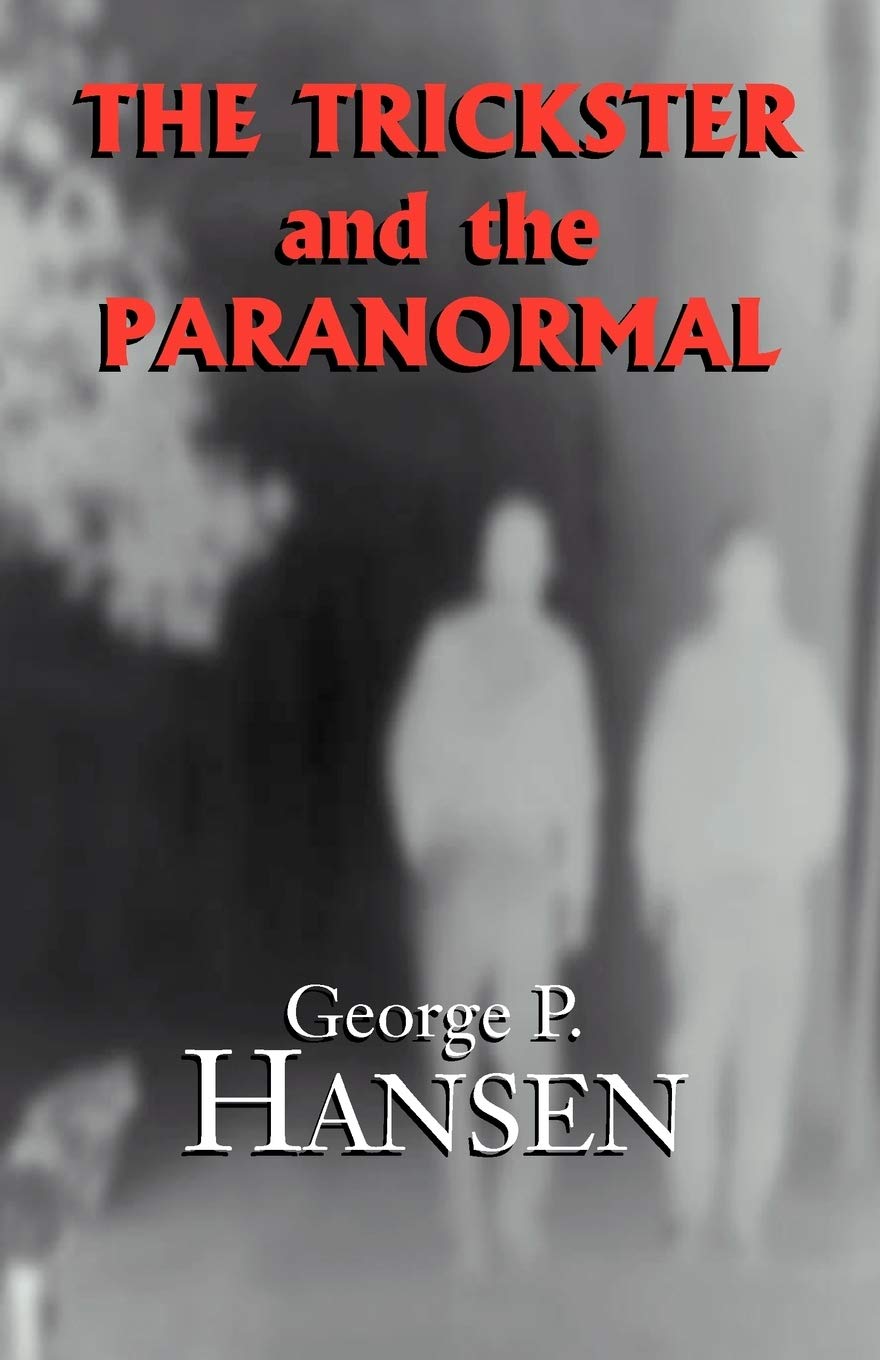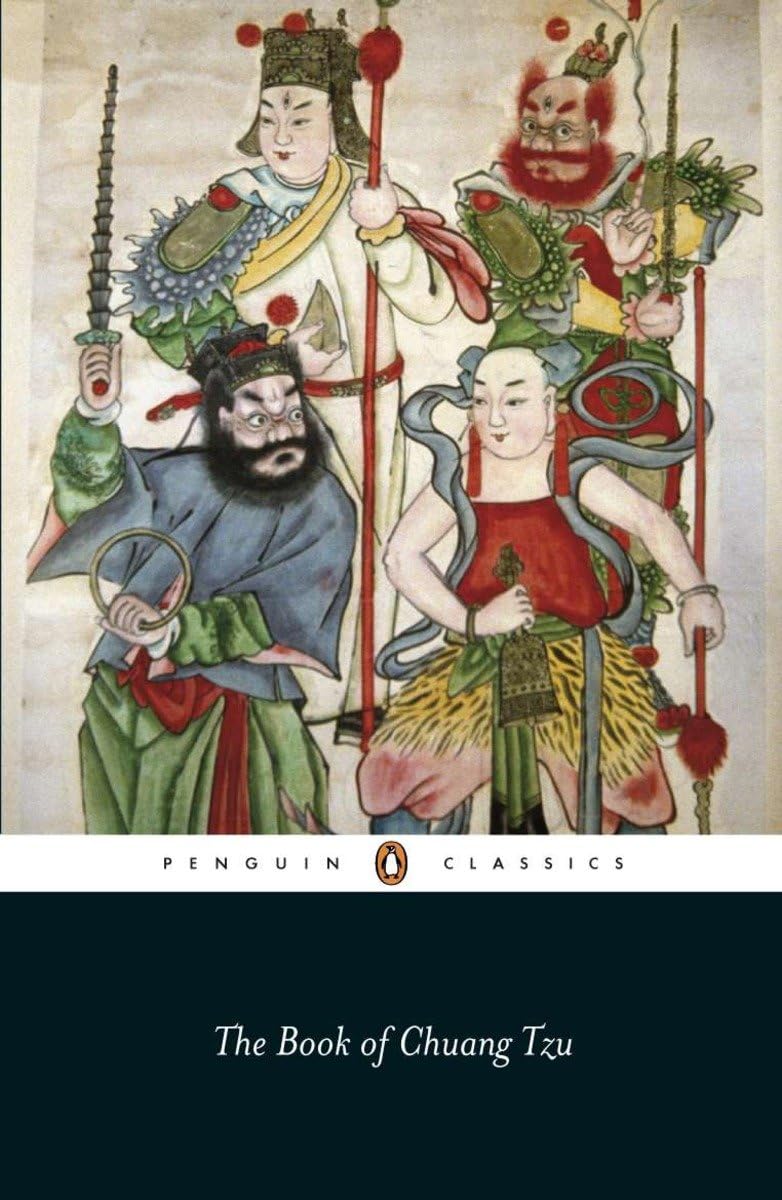
The Book of Chuang Tzu (Penguin Classics)
What is freedom? How can one live beyond the limits of power, fear, and illusion? The Book of Chuang Tzu is one of the greatest works of Daoist philosophy, presenting a vision of reality that is playful, paradoxical, and deeply liberating. Unlike Confucian texts that focus on social order, Chuang Tzu’s teachings celebrate spontaneity, detachment, and the absurdity of rigid thinking. Through allegories, surreal dialogues, and dreamlike stories—including tales of shapeshifters, laughing sages, and trickster spirits—this book invites readers to question their perceptions of self, authority, and the nature of existence. Essential for those seeking wisdom beyond conventional structures, The Book of Chuang Tzu is a timeless exploration of freedom, flow, and the art of letting go.





